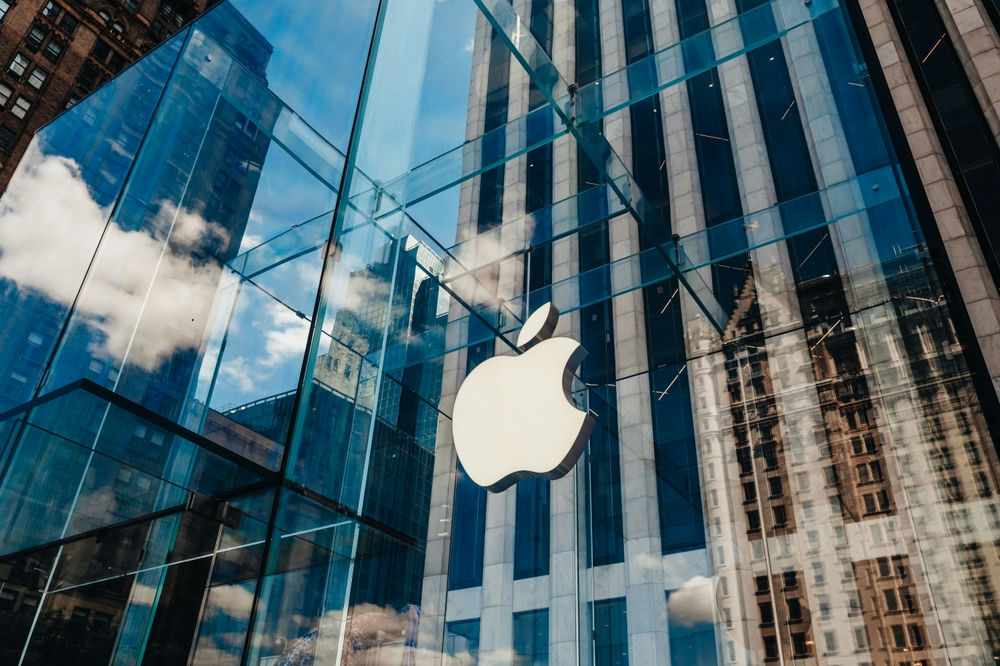
Britain’s attempt to force Apple to build a surveillance backdoor into every iPhone was abandoned after President Trump’s administration stood up to protect Americans’ privacy from foreign overreach.
Story Snapshot
- The UK’s demand would have forced Apple to break its own encryption, threatening privacy worldwide.
- U.S. diplomatic pressure under President Trump led to Britain’s rapid reversal of this intrusive order.
- Apple’s resistance highlights the ongoing battle to defend individual liberty against government surveillance.
- This victory sets a precedent against globalist pushes for unchecked access to American data.
UK Order Threatened Global Privacy and U.S. Sovereignty
In January 2025, the United Kingdom issued a sweeping mandate under its Investigatory Powers Act, demanding that Apple create a backdoor into its end-to-end encrypted iCloud systems. Far from being limited to British users, this order sought blanket access to the data of millions worldwide — including Americans. Apple responded by immediately disabling its Advanced Data Protection feature for UK users and launching a legal challenge. The UK’s power grab exposed the risk of foreign governments dictating privacy standards for U.S. citizens and companies.
The UK’s move was justified on the grounds of national security, but the reality was an unprecedented assault on digital privacy and the principle of limited government. The Investigatory Powers Act, known as the “Snooper’s Charter,” gives the UK broad surveillance powers, including secretive Technical Capability Notices that force companies to undermine their own security. These demands, shrouded in secrecy, have become a favored tool for governments who want the keys to everyone’s digital lives, sidestepping transparency and due process. Apple’s refusal to comply underscored the importance of protecting user data from both criminal hackers and government snooping.
Trump Administration’s Intervention Defends U.S. Rights
President Trump’s administration, with Director of National Intelligence Tulsi Gabbard leading the charge, saw this as a direct threat to American sovereignty and the constitutional rights of U.S. citizens. Asserting diplomatic pressure, the U.S. made clear that American companies would not be strong-armed into betraying their users’ trust or weakening national security for the convenience of foreign bureaucrats. On August 19, 2025, Gabbard announced that the UK had dropped its demand, a move widely seen as a major victory for American privacy and a rebuke to globalist ambitions. This intervention stands in stark contrast to past administrations that too often caved to international pressure or prioritized surveillance over civil liberties.
Despite the withdrawal of the order, UK users of Apple products remain without Advanced Data Protection, a reminder of the ongoing risks posed by foreign surveillance laws. Globally, however, Apple’s security model remains intact, and the company is no longer under legal compulsion to provide a backdoor. This outcome preserves the integrity of American technology and reinforces the country’s leadership in digital rights. The U.S. stance sends a message that American privacy is not up for negotiation, no matter how hard globalist governments push.
Long-Term Impact: A Warning to Governments and a Win for Liberty
This episode sets a powerful precedent for tech companies and national governments alike. By standing firm, Apple and the Trump administration have shown that attempts to erode privacy and constitutional protections will be met with resistance, not appeasement. Experts warn that backdoors, even those created under the banner of law enforcement, are a gift to cybercriminals and foreign adversaries — undermining the very security they claim to protect. Privacy advocates celebrated the UK’s reversal as a victory for civil liberties and a model for resisting government overreach.
The broader impact is clear: this victory will likely deter other countries from issuing similar demands, and emboldens American companies to fight for privacy and security. The episode highlights the need for constant vigilance as governments around the world test the boundaries of surveillance and data control. For conservatives frustrated with years of unchecked globalism and bureaucratic expansion, this is a clear example of the Trump administration defending American values — individual liberty, constitutional rights, and limited government — on the world stage.
Sources:
CyberScoop: UK Abandons Apple Backdoor Demand After US Diplomatic Pressure
Sky News: UK Drops Apple Encryption Demands, Says US Spy Chief
The Hacker News: UK Government Drops Apple Encryption Demand
TechCrunch: US Spy Chief Says UK Has Dropped its Apple Backdoor Demand
SecurityWeek: Gabbard Says UK Scraps Demand for Apple to Give Backdoor Access to Data











